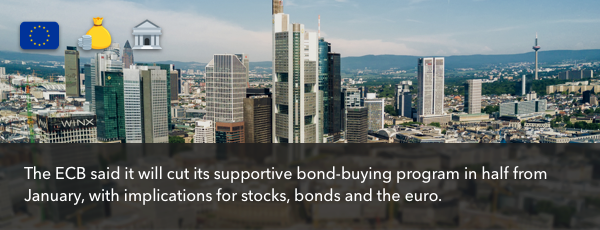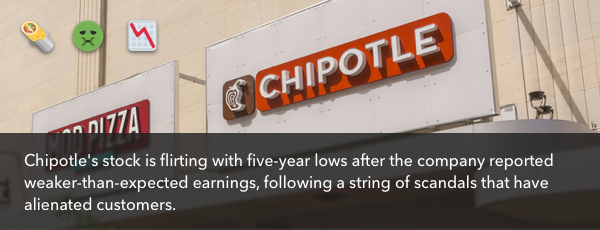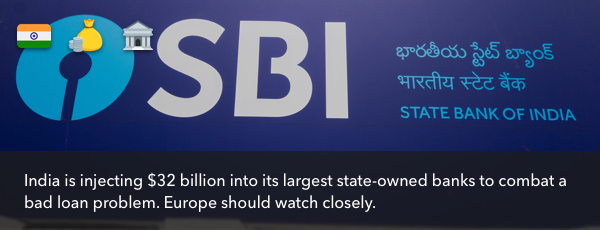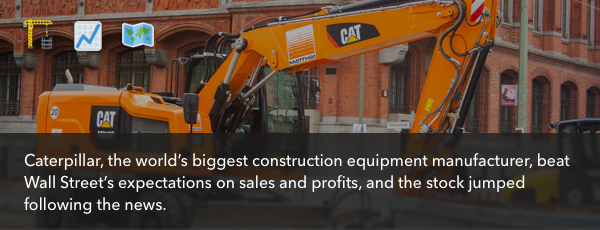
Image source:
What's going on?
The European Central Bank (ECB) announced on Thursday that it will cut its bond-buying program in half from January 2018, and investors said a collective �oh, is that it?!�.
What does this mean?
For years now, the ECB has been buying bonds to support the economy (buying bonds pushes down interest rates, making it easier to borrow, and thus spend, money). In June, the ECB�s President Mario Draghi hinted it could start withdrawing this support (in effect raising interest rates), as economic conditions were improving, and in September, the ECB suggested it would soon give further details about the withdrawal.
To summarize, this announcement of the ECB�s withdrawal of support didn�t come out of the blue.
Why should I care?
For markets: Investors were expecting new policies that would raise interest rates more quickly.
The ECB sent out numerous hints about higher interest rates over the last few months, but today�s announcement suggested action that would raise interest rates more slowly than investors had been expecting. Market movements on Thursday, although not wild, were those typically associated with lower interest rates: stocks were up (companies benefit from cheaper borrowing costs), bonds were up (ECB continues to be a big buyer of bonds) and the euro was down (lower interest rates mean a lower return for currency investors). The market seems to think low rates will be sticking around!
The bigger picture: The eurozone is trailing the US when it comes to raising interest rates.
Despite the ECB�s announcement, the bond-buying program (�quantitative easing�) doesn�t actually have a definitive end date. While it will go on until at least September 2018, the ECB left the door open to extending it if necessary. This is in contrast to the US, where the Federal Reserve has effectively started selling bonds and has already raised interest rates. In a press conference after Thursday�s announcement, Draghi said that the US� recovery is �way more advanced� than the eurozone�s, which explains why the ECB wants to keep its options open.
Originally posted as part of the Finimize daily email.
The top 2 financial news stories in 3 minutes. Join over one million Finimizers





